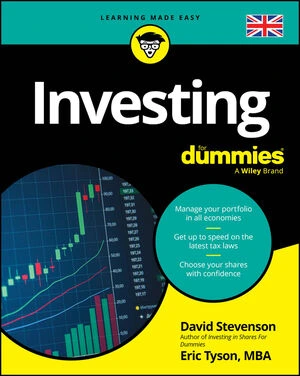The best money market funds enable you to substitute for a bank savings account while offering comparable safety to a bank, but with a better yield. Money market funds are well suited for some of the following purposes:
- Rainy-day/emergency reserve: Because you don’t know what the future holds, you’re wise to prepare for the unexpected, such as job loss, the desire to take some extra time when changing jobs, unexpected healthcare bills, or a leaky roof on your home. Three to six months’ worth of living expenses is a good emergency reserve target for most people.
- Short-term savings goals: If you’re saving money for a big-ticket item that you hope to purchase within the next couple of years — whether it’s a high-def television, a car, or a down payment on a home — a money market fund is a sensible place to save the money. With a short time horizon, you can’t afford to expose your money to the gyrations of stocks or longer-term bonds. A money market fund offers a safe haven for your principal and some positive return.
- A parking spot for money awaiting investment: Suppose you have a chunk of money that you want to invest for longer-term purposes, but you don’t want to invest it all at once for fear that you may buy into stocks and bonds just before a big drop. A money market fund can be a friendly home to the money awaiting investment as you gradually move it into your chosen investment.
- Personal checking accounts: You can use money market funds with no restrictions on check writing for household checking purposes. Some discount brokerage services that offer accounts with a check-writing option downplay the fact that an investor is allowed to write an unlimited number of checks in any amounts on his or her account. You can leave your bank altogether; some money funds even come with debit cards that you can use at bank ATMs for a nominal fee.
- Business accounts: You can also open a money market fund for your business. You can use this account for depositing checks received from customers and holding excess funds, as well as for paying bills by means of the check-writing feature. Some money funds allow checks to be written for any amount, and such accounts can completely replace a bank checking account.






